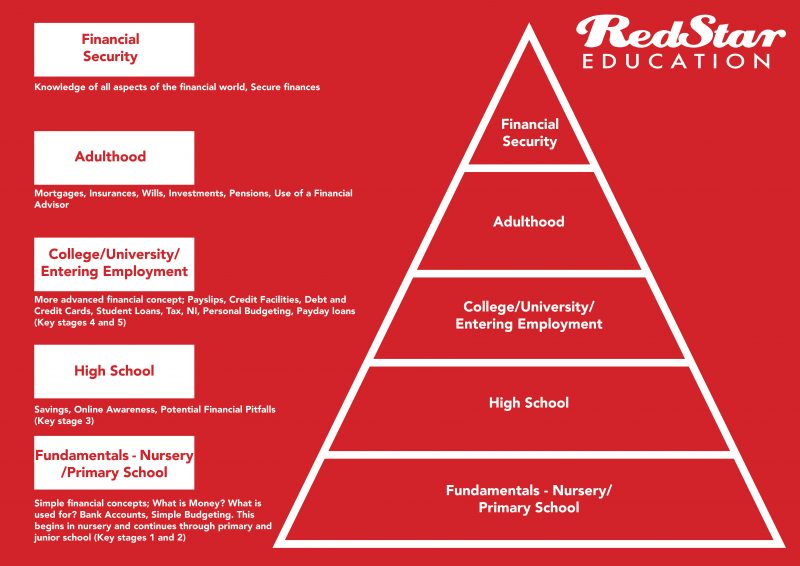Research from Cambridge University has revealed that our approach to money is basically set by the age of seven. Behaviour experts from Cambridge reviewed previous studies to determine how children learn in general, and in particular, how they learn about money. They concluded that money habits, including the ability to plan ahead, are usually formed in early childhood. The study found that most people’s money habits are formed from zero to 7 years of age, and that once formed it’s difficult to reverse those habits later on in life.
If that window is missed, are our children sentenced to a life of debt? The answer is no – it may be hard to change money habits, but it is possible. The study is a useful reminder to start teaching good money habits as soon as our kids understand that money is used to buy things.
Teaching older children may be even harder, since mindsets are more ingrained in older children than younger ones. Those with younger children should therefore take every advantage of the opportunity to reach children at an age when they can be most influenced.
A good grasp of personal finance is one of the most valuable life skills a person can have. Whilst previous generations may have been raised with the constant admonishment that “money doesn’t grow on trees,” many of today’s parents neglect this important lesson. It’s time to change that – and here are some of the things we can do:
- Encourage them to save. Young children save because they enjoy participating in adult-like behaviour, the researchers found. Developing the savings habit when kids are small may be the best approach if you want young people to be savers as adults. Children should be taught to put aside a portion of any money they receive to develop the saving habit
- Let them be in charge, make purchases, and make mistakes. This will reinforce the idea that money is a limited resource — that it must be given up in a transaction and can only be spent once. Once it’s gone it’s gone! This a powerful lesson which will lead to the realisation that money is not inexhaustible and that purchases need to be planned and budgeted for
- Let them earn money. Children should know that we cannot afford to simply buy everything we want, and that what we can afford is determined by our income. Talking about future careers and salaries is one way to teach this idea, another is paying children to take on extra chores around the house, ensuring they understand they’re trading their time and effort for money – just like a real job
- Help your children set their goals, such as saving up money to buy something they really want. Tracking their progress with a chart can keep them interested and engaged in achieving the goal. If children are tempted to spend rather than save, remind them this will not help them to achieve their goal. Encourage them to resist giving in to the spending impulse
- Take them grocery shopping. If children are fully involved in decision-making it can help them understand the trade-offs required in economic transactions, making delayed gratification a lot easier. A child might help a parent compile a shopping list, as lists help people prioritize what they need in contrast to all the things they want. Parents can discuss sale items, which purchases are the most economical, and how they make financial decisions in the shop
We know that children are like sponges, learning quickly by soaking everything around them up. The inclusion of children in household financial decision making encourages a better understanding and knowledge of the financial system and gives children the chance to grow up with the knowledge needed to positively manage their future finances.
